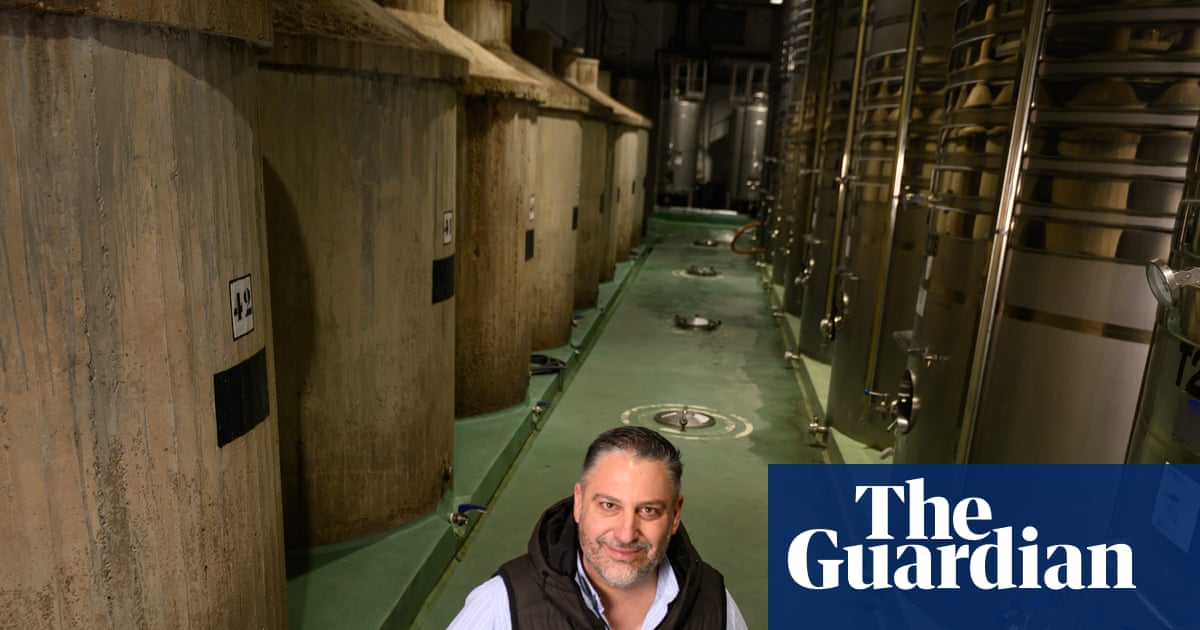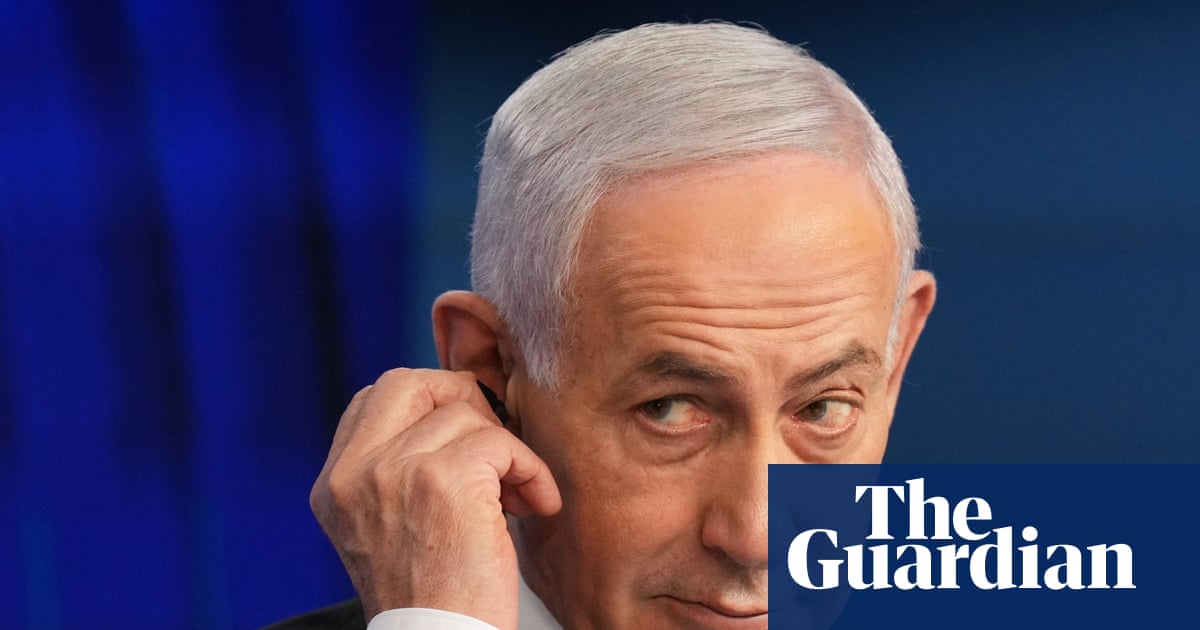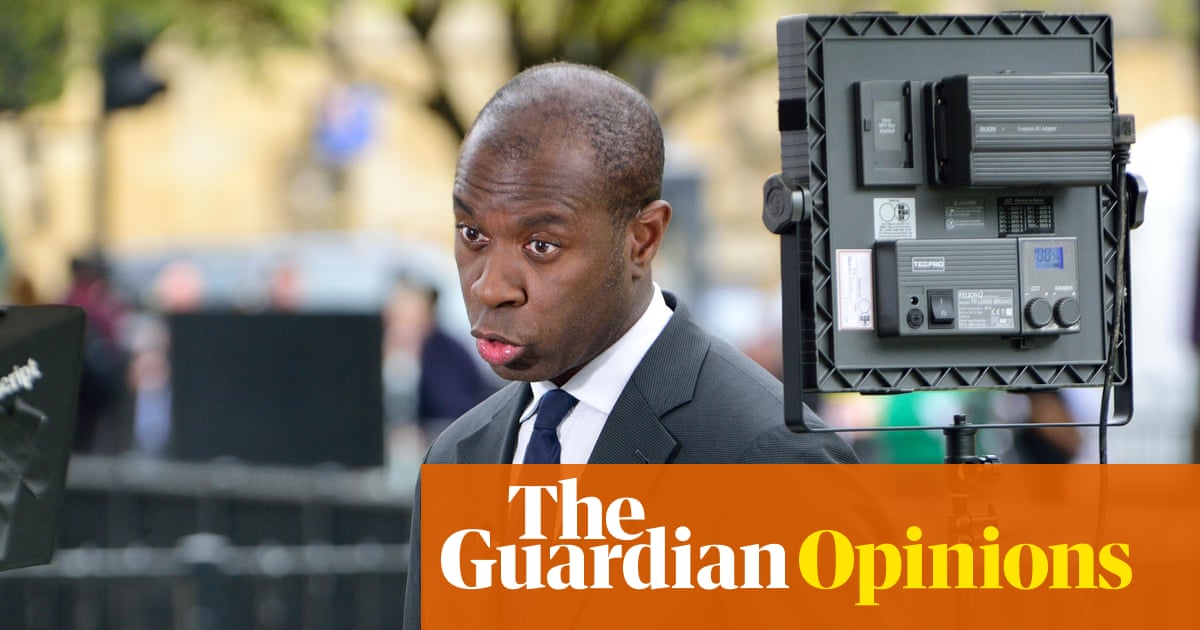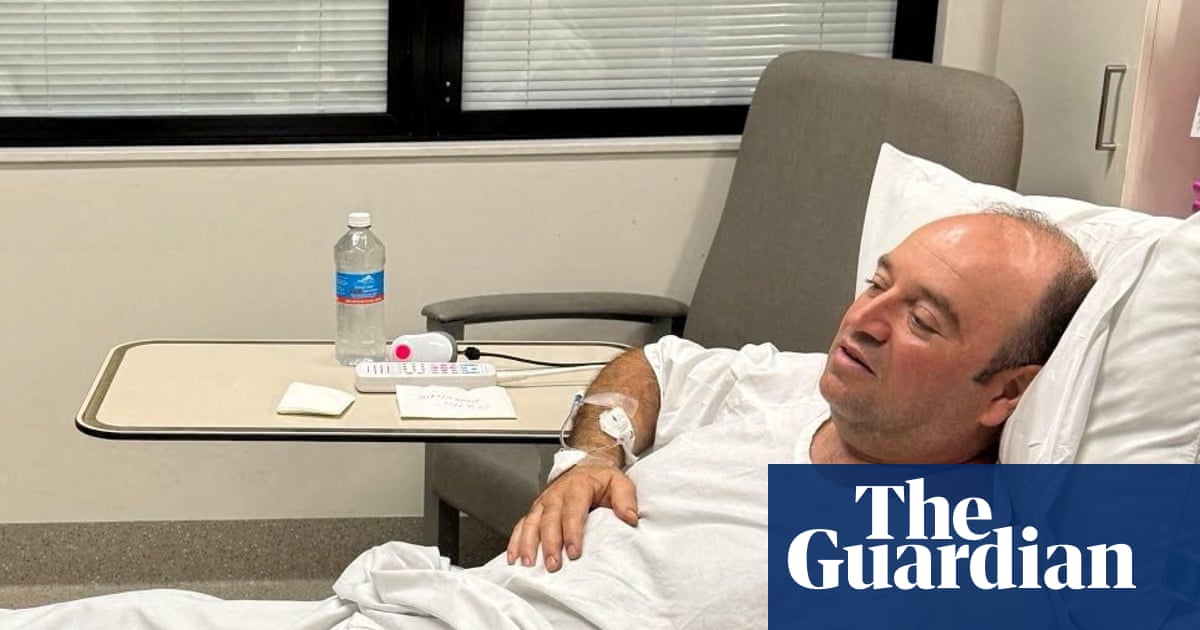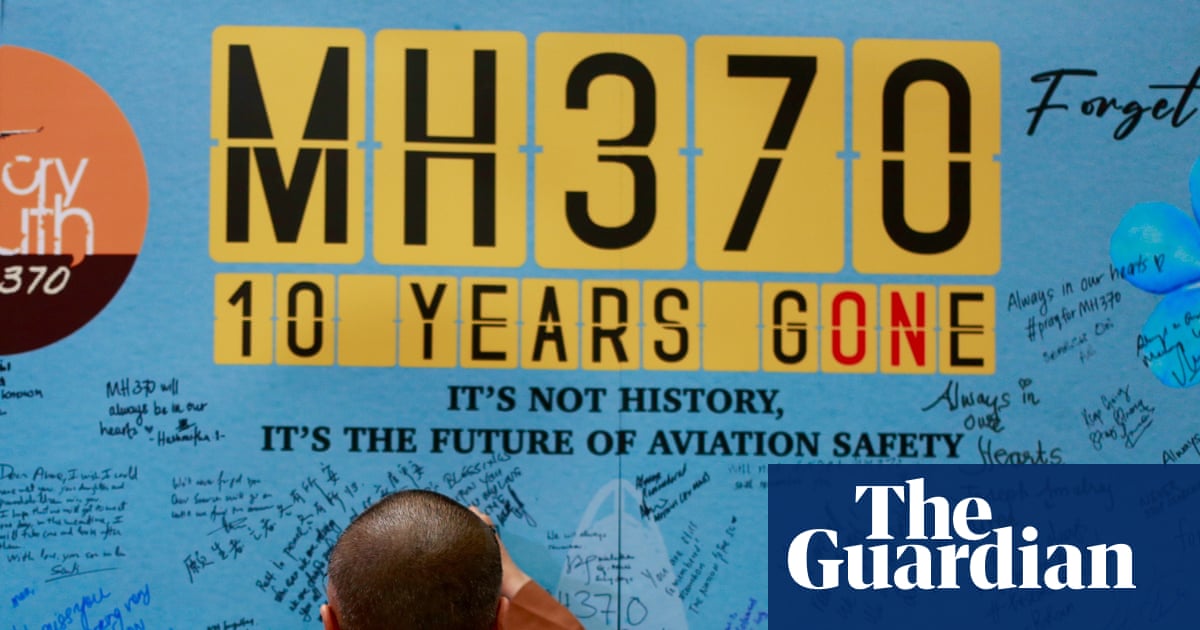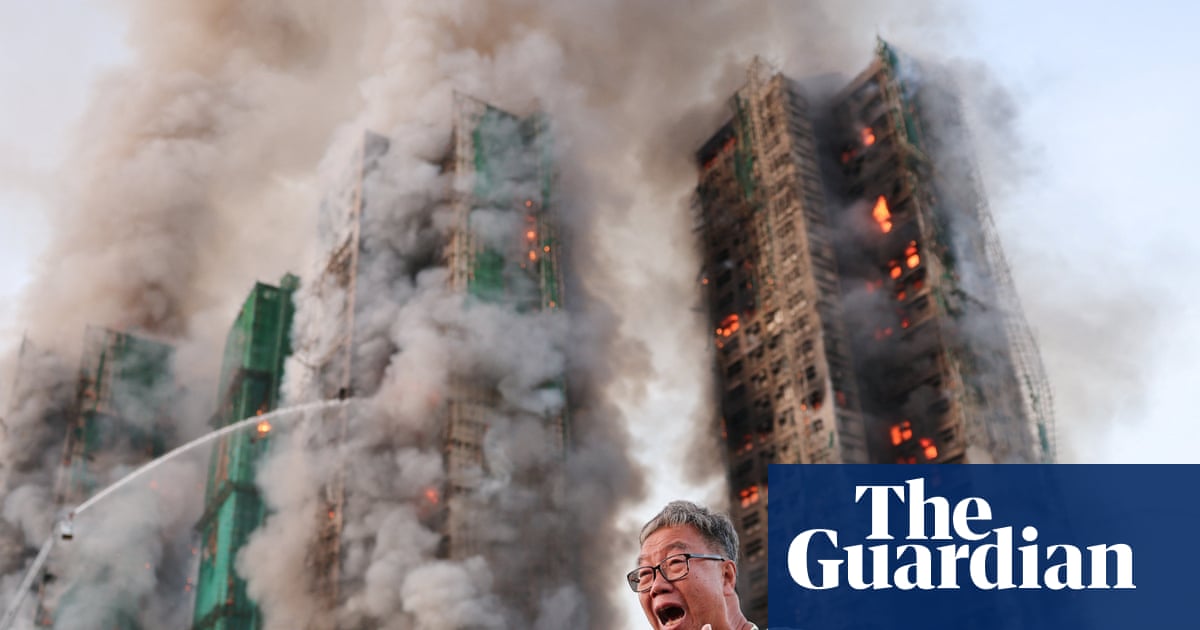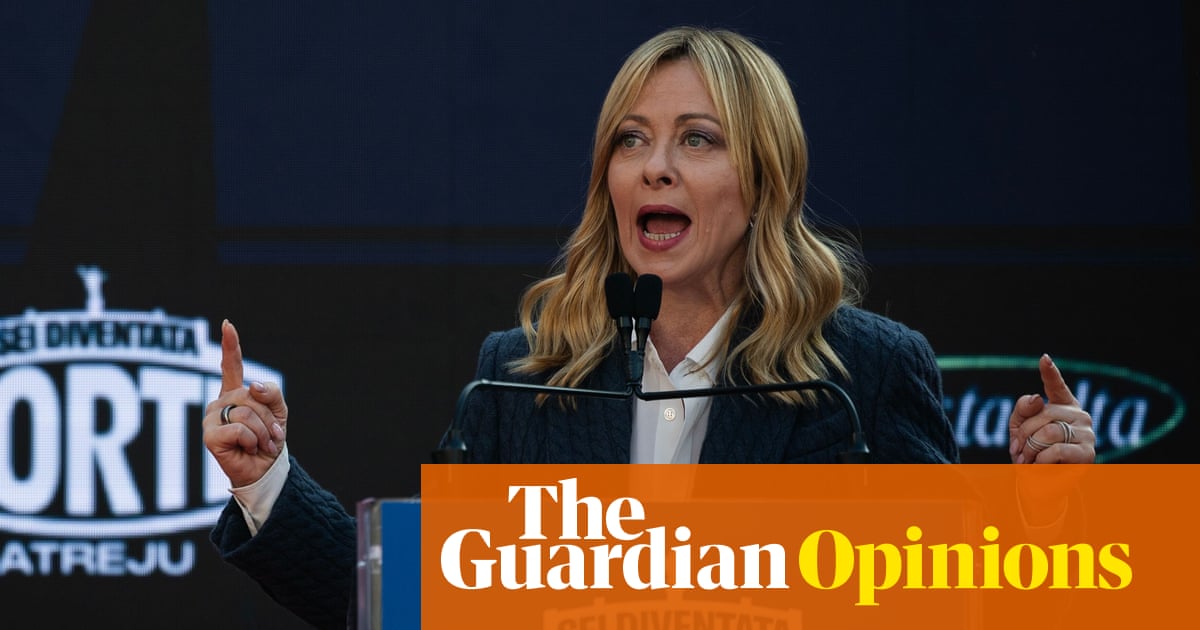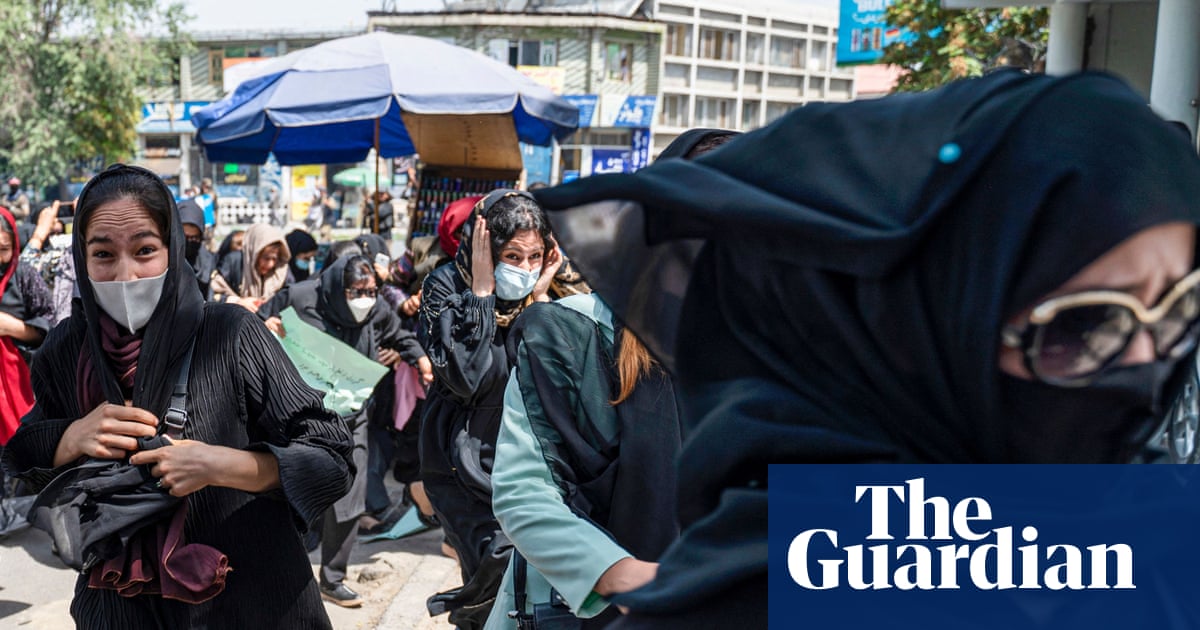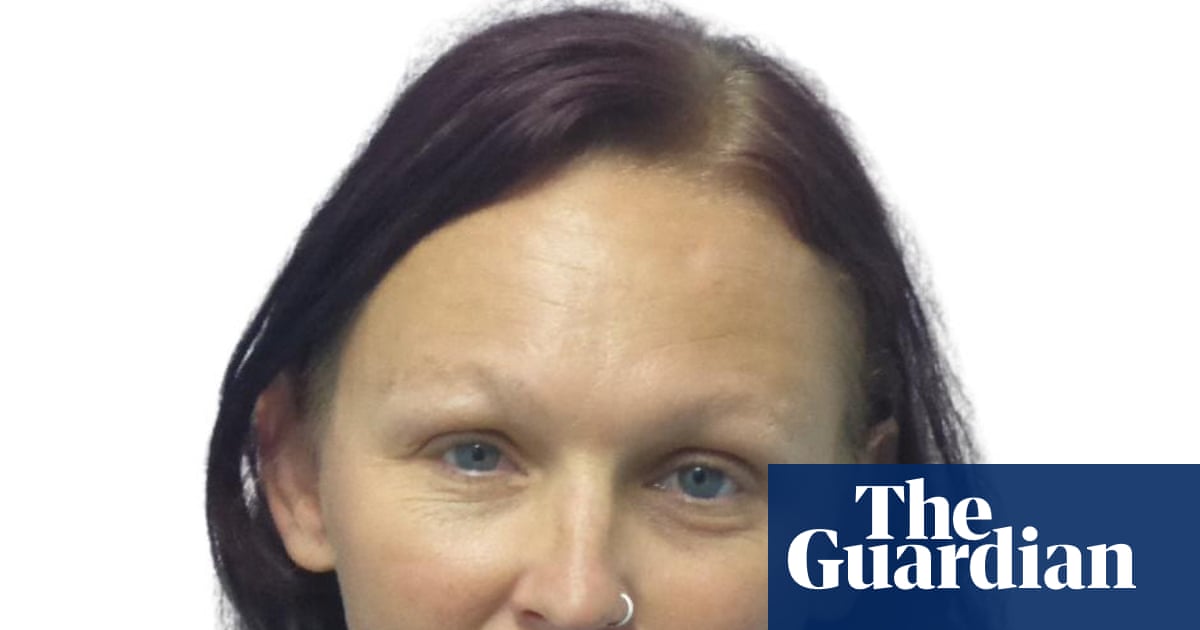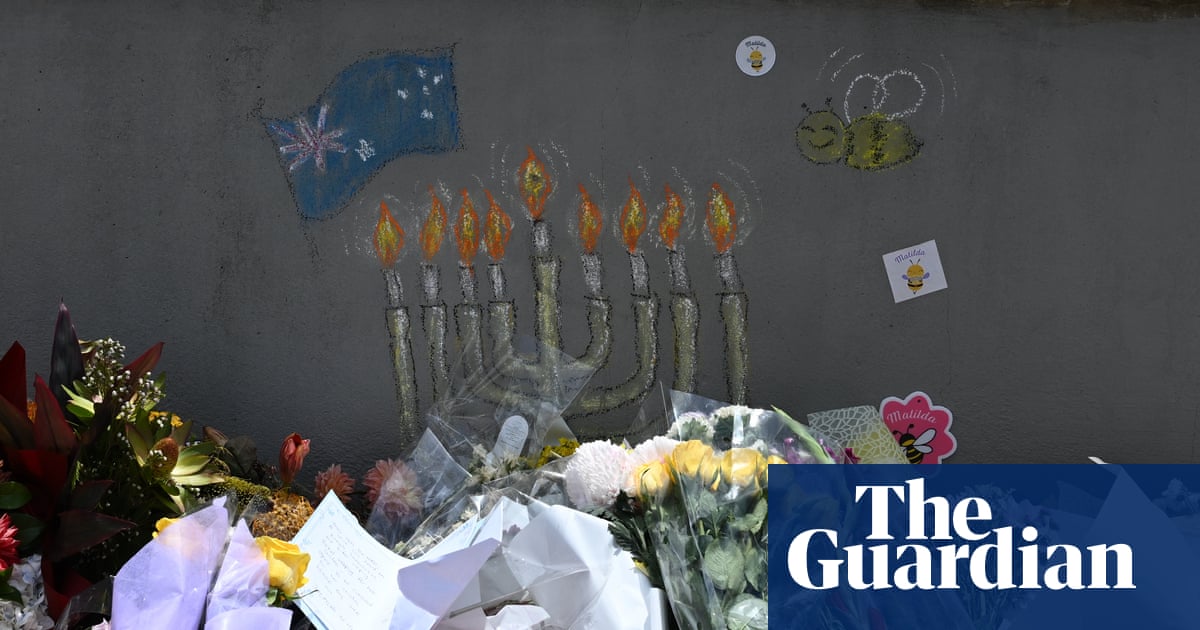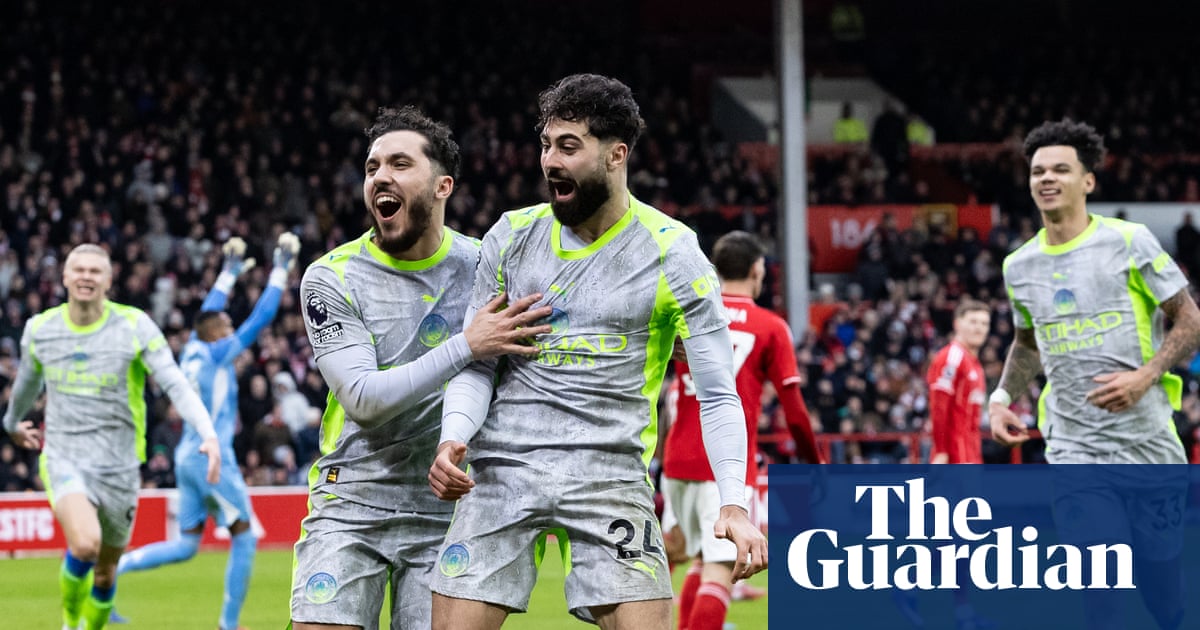Key events Show key events only Please turn on JavaScript to use this feature
Stat: ESPN informs us that Sabalenka has won her last 30 service games. But Pegula is making her work for No. 31, sending Sabalenka to the corner of the court, where she can’t quite get the ball back over the net. Sabalenka looks a little frustrated after an error makes it 30-30, but she then rips an ace an inch or so away from the center line. She then caps a long rally with a cross-court winner that also paints the line.
Pegula has had some strong shots, but it just feels like Sabalenka is dictating the action here.
Pegula levels. Sabalenka makes an unlikely error, but Pegula double-faults to get it to 15-15. Sabalenka errs again, but then she gets a bit of good fortune with a shot that hits the net cord, bounces up, and clips the net cord again before falling to the court. But Pegula rattles off two confident serves, finishing off the first of those at the net, and holds.
Opening game to Sabalenka. The defending champion opens with a punishing sequence of shots to take the first point. An unforced error follows, but then Pegula mishits her return of a Sabalenka second serve. Her next two returns are also out of play.
Oh, and Salisbury-Skupski did indeed win the men’s doubles semi-final.
Sabalenka to serve …
Warmups are finished. Here we go …
First up will be Sabalenka vs. Pegula, and the career records favor Sabalenka. She has beaten Pegula in seven of nine matchups, including the last three.
Pegula speaks as she heads through the tunnel. “Not many other places I’d rather be tonight.”
She has played all of her matches in the gargantuan Arthur Ashe Stadium in this tournament, and she’ll have home-country support.
Sabalenka is wearing a shiny silver top reminiscent of what the couple next door wore in the Christmas Vacation film. She hails Pegula as a fighter.
Meanwhile, in the men’s doubles semi-finals in Louis Armstrong Stadium, Neal Skupski and Joe Salisbury are on the verge of closing out Michael Venus and Yuki Bhambri. The British pair is serving for the match after splitting the first two sets. They’re up 5-4 in the third.
Preamble
Good evening, fellow Earthlings.
When I was in grad school, one of my classes started a semester by talking about their backgrounds. Mine was, by comparison, extremely boring.
So I feel a bit of sympathy for Aryna Sabalenka. While she has had some tragedy in her life and still walks the tightrope of being an athlete from Belarus who has expressed some support for Ukraine, from a tennis point of view, she just wins. And wins some more. And more.
She’s not just ranked No. 1 right now. She’s a couple of miles ahead of the pack.
Two of tonight’s semi-finalists, Jessica Pegula and Amanda Anisimova, are separated by barely more than 1,000 points. Pegula (No. 4) has 4,903. Anisimova (No. 9) has 3,869.
Ahead of them, Iga Swiatek (7,933) and Coco Gauff (7,874) form their own tier, though Pegula and Anisimova will surely gain on them when all is done in New York.
Sabalenka? 11,225.
And she’s been floating in the top five and making strong runs in majors. She’s won three, including this tournament last year.
Meanwhile, the other semi-finalists all have compelling backstories …
-
Pegula, who faces Sabalenka in a rematch of last year’s final, has been knocking on the door longer than a medieval army conducting a siege. After a couple of years in the top 10, she finally reached her first major final last year at age 30. Will it ever be her turn?
-
Anisimova was a teen prodigy who burned out before she could truly reach her potential. She took some time off and has slowly climbed back since her return. This summer, she reached her first major final at Wimbledon, only to suffer a 6-0, 6-0 loss to Swiatek. In her last match, she smashed her way past the Wimbledon champion to reach this semi-final against …
-
Naomi Osaka, who won four majors and was atop the tennis world before also hitting the wall and taking time off. She took more time off to have her first child. Since returning, she hasn’t made a significant run in a major – until now.
So if you like underdog stories and redemption, you have three choices. If you want to see the No. 1 player in the world confirm her greatness again, obviously, there can only be one.
Beau will be here shortly. In the meantime, here’s a look at the big semi-final coming up on Friday:
Carlos Alcaraz took his final leave from Rod Laver Arena this year consumed by frustration. Losing at the Australian Open, the first grand slam tournament of the year, was painful enough, but Alcaraz’s disappointment was particularly down to how he had lost.
Novak Djokovic had visibly begun to struggle with a leg injury early in their four-set quarter-final, but instead of focusing on his own game, Alcaraz found himself staring across the net and thinking too much about his opponent’s condition rather than about what he needed to win. While the Spaniard’s focus wavered, Djokovic’s difficulties inspired his most offensive, decisive tennis, and he willed himself to a miraculous victory.
That meeting was the last encounter in what has become one of the most unusual rivalries the sport has seen. At 38 and 22 respectively, Djokovic and Alcaraz were born 16 years apart. Their first meeting at the Madrid Open in May 2022, won by Alcaraz, occurred two days after his 19th birthday and two weeks before Djokovic turned 35. Considering that significant age gap, just one match between them would have been a fortunate outcome.
Instead, when they enter Arthur Ashe Stadium for their semi-final match on Friday, they will have met on every single major stage in professional tennis: Australian Open, French Open, Wimbledon, US Open, the Olympic Games and ATP Finals. Djokovic leads their head-to-head 5-3 and those meetings have included some of the most memorable matches in the sport, from Alcaraz’s recovery to win his first Wimbledon title in 2023 to Djokovic’s career‑completing Olympic gold medal triumph last year.
You can read the full article below:

 3 months ago
54
3 months ago
54
